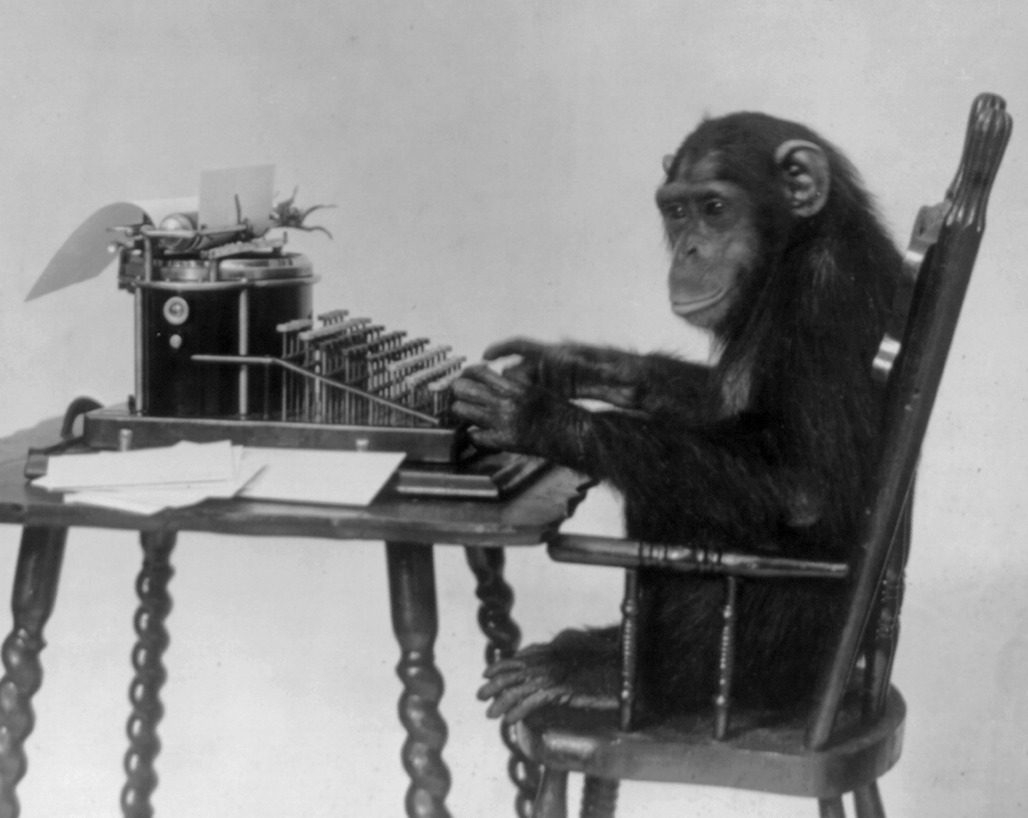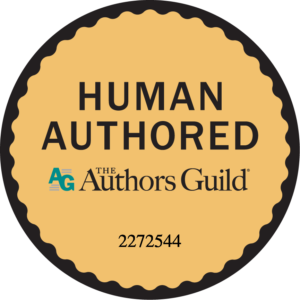
By PJ Parrish
In the wee wee hours of the morning this week, I had an idea for a new story. Now, most things that happen around 3 a.m. usually don’t end well, and I should have remembered that, considering that the last time I was startled awake at that hour was when a coyote and neighborhood cat were squaring off in my driveway.
But no, I got up, grabbed a pen and wrote down an opening paragraph. Let me share it here now:
The deep waters, black as ink, began to swell and recede into an uncertain distance. A gray ominous mist obscured the horizon. The ocean expanse seemed to darken in disapproval. Crashing tides sounded groans of agonized discontent. The ocean pulsed with a frightening, vital force. Although hard to imagine, life existed beneath. Its infinite underbelly was teeming with life, a monstrous collection of finned, tentacled, toxic, and slimy parts. Below its surface lay the wreckage of countless souls. But we had dared to journey across it. Some had even been brave enough to explore its sable velveteen depths, and have yet to come up for precious air.
Whee, doggies! What’s that smell?
Okay, I didn’t really write that. But I had you going for a sec, didn’t I. But someone DID write it. Actually, it was 1,476 people who wrote that, give or take a few. This gawd awful paragraph was created years ago by Penguin Books for a project called “A Million Penguins.”
Maybe you heard about it. The idea was to write a novel with a million collaborators to be called a “wiki-novel”. It was launched by Penguin Books in collaboration with Kate Pullinger on behalf of the Institute of Creative Technologies at De Montfort University.
This is what the Penguin folks said on their website: “We’ve created a space where anyone can contribute to the writing of a novel and anyone can edit anyone else’s writing….we want to see whether a community can really get together, put creative differences aside (or sort them out through discussion) and produce a novel.”
Anyone could call up the site and contribute to the story. Because the site got more than 100 edits every hour, Penguin imposed “reading windows” that froze the novel so that editors could read over what had been changed to get their bearings on where the story was going. Chaos reigned. A month in, Penguin mercifully pulled the plug.
I was thinking about the Penguin project this week after reading an article at Literary Hub about how AI is transforming our business, and why writers should embrace it. To quote the author Debbie Urbanski in part:
So here’s what I really want us to imagine for the purpose of this essay: An AI writes a novel and the novel is good.
This is what a lot of people, and certainly a lot of writers, are angry and scared about right now. That AI, having been trained on a massive amount of data, including copyrighted books written by uncompensated authors, will begin writing as well or better than us, and then we’ll be out of a job. These concerns over intellectual property and remuneration are important but right now, it feels they’re dominating the discussion, especially when there are other worthwhile topics that I’d like to see added to the conversation around AI and writing.
Such as: how can humans and AI collaborate creatively?
Which brings me to a third possibility to consider: Can AI and a human write a novel together?
Sigh. I dunno. She posits that there is a “collaboration” possible between writer and AI. And that’s where I get queasy.
I collaborated with my sister Kelly on 15 books and a lot of short stories. It was at times a fitful process but always fruitful because we were equals and more important, we recognized that there was a third party in the collaboration that was always going to win any argument — the story.
I’ve had a couple other experiences with collaboration. Jeffery Deaver and Jim Fusilli asked me to join 14 other writers for a novel called The Chopin Manuscript, published by the International Thriller Writers. Deaver got the plot in motion and we each had a chapter after that. It was fun, frenetic and in hindsight, not a bad novel considering the inevitable clash of styles and egos. I remember I gleefully killed off one of the main characters in a great chase through the Paris catacombs but Jeff overruled me. We went on to write two more “serial thrillers” for ITW.
Letting another brain into your writing process isn’t easy. It should be approached with only the greatest care and clear-mindedness. When it goes bad — and I know some writers who’ve had it go very bad — it conjures up the Infinite Monkey Theorem:
The infinite monkey theorem states that a monkey hitting keys at random on a typewriter keyboard for an infinite amount of time will almost surely type any given text, including the complete works of William Shakespeare. In fact, the monkey would almost surely type every possible finite text an infinite number of times. The theorem can be generalized to state that any sequence of events that has a non-zero probability of happening will almost certainly occur an infinite number of times, given an infinite amount of time or a universe that is infinite in size.
Which is how I view AI. I’m a retired Luddite who has no real stake in this brave new world. But I know that I should be paying closer attention. I have a friend who has been asked to write a script about the history of the mystery genre. He is struggling mightily because the subject is both broad and deep. He resorted to ChatGPT. And damned if the thing didn’t spit out a workable script. But it has an oddly lifeless quality, like someone afraid to color outside the lines.
So what happened to The Million Penguins project? The university behind it published A Million Penguins Research Report. It concluded: “We have demonstrated that the wiki novel experiment was the wrong way to try to answer the question of whether a community could write a novel, but as an adventure in exploring new forms of publishing, authoring and collaboration it was ground-breaking and exciting.”
Groundbreaking. Exciting. Sounds just like what they’re saying about AI. Or is that sound just the thundering footsteps of a million monkeys?
Keep coloring outside those lines, friends.








 In 19th century Spain, a Seville butcher named Juan went on hunting trips with his godfather, Marquez, every Saturday. The two normally returned on Monday.
In 19th century Spain, a Seville butcher named Juan went on hunting trips with his godfather, Marquez, every Saturday. The two normally returned on Monday.




 Like bang for your buck? I have a
Like bang for your buck? I have a 
 Authors are not the only ones under threat. Human artists face competition from AI. Just for fun, check out this lovely, touching image created by ChatGPT. Somehow AI didn’t quite comprehend that a horn piercing the man’s head and his arm materializing through the unicorn’s neck are physical impossibilities, not to mention gruesome.
Authors are not the only ones under threat. Human artists face competition from AI. Just for fun, check out this lovely, touching image created by ChatGPT. Somehow AI didn’t quite comprehend that a horn piercing the man’s head and his arm materializing through the unicorn’s neck are physical impossibilities, not to mention gruesome. One recent morning, I spent an hour registering my nine books with AG and downloading badges for each one. Here’s the certification for my latest thriller,
One recent morning, I spent an hour registering my nine books with AG and downloading badges for each one. Here’s the certification for my latest thriller,  Then AG generates individually-numbered certification badges you download for marketing purposes. At this point, it’s an honor system with AG taking the author’s word.
Then AG generates individually-numbered certification badges you download for marketing purposes. At this point, it’s an honor system with AG taking the author’s word. In 2023, I wrote
In 2023, I wrote 
 Here’s what Amazon’s AI says about
Here’s what Amazon’s AI says about 

 Cassie Deakin investigates a forty-year-old murder mystery and comes face-to-face with a killer who will stop at nothing to keep his secret.
Cassie Deakin investigates a forty-year-old murder mystery and comes face-to-face with a killer who will stop at nothing to keep his secret.